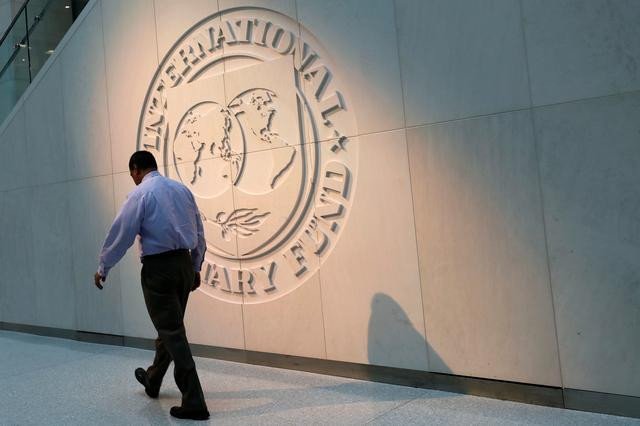By Staff Reporter
ISLAMABAD: The International Monetary Fund (IMF) on Monday rejected Pakistan’s proposed plans to reduce its circular debt and rationalise its energy tariffs, saying they did not address the root causes of the sector’s problems and would hurt the poor.
The IMF, which is providing a $3-billion lifeline to Pakistan under a Stand-By Arrangement, said the government needed to focus on broad-based reforms to lower the cost of energy, improve compliance and governance, and adjust tariffs regularly.
“In our view, the proposed plan does not address the underlying problems. In particular, the circular debt neutrality of the tariff rationalisation plan is doubtful and it would place a significant additional burden on vulnerable households,” IMF Mission Chief Nathan Porter said in a statement.
“For this, it is essential for the government to focus on broad-based reforms, including reducing the high cost of energy, improving compliance and reducing theft and line losses, ending captive power, and fixing the governance and management of the DISCOs, as well as keeping up with regular tariff adjustments.”
Porter said the circular debt reduction plan, which aimed to settle Rs1,268 billion ($7.6 billion) of debt using government funding, involved fiscal risks and would continue the use of supplementary grants that have strained the budget in recent years.
“The circular debt ‘reduction plan’ entails fiscal risks given the chain of transactions involved and would also continue the use of supplementary grants which have placed a considerable burden on the fiscal accounts in recent years.
The IMF mission chief said the Fund is “open to working with the government and other international partners to advance a sustainable reform plan addressing the issues mentioned above which, if successfully implemented, would allow tariffs for all classes of consumers to fall”.
His remarks came a day after the interim government, which is due to hand over power to a new administration later this month, dismissed what it called “negative perception” regarding its plans and said it had made “productive deliberations” with the IMF.
According to a post on social media by the energy ministry, the government had shared additional information with the IMF and expected further progress in the coming week.
The interim government said its plans, developed by two teams led by caretaker Minister for Power and Petroleum Muhammad Ali, would slash tariffs for the industry by up to 37 percent through a subsidy neutral proposal, while increasing fixed charges for protected categories of consumers to minimise cross subsidy.
The tariff for the industry is proposed to be slashed between cents 8.5-11.75/kWh from cents 14 per unit through a subsidy neutral proposal, though fixed charges for protected categories of consumers are proposed to increase from Rs50 to Rs450 per month.
Copyright © 2021 Independent Pakistan | All rights reserved




